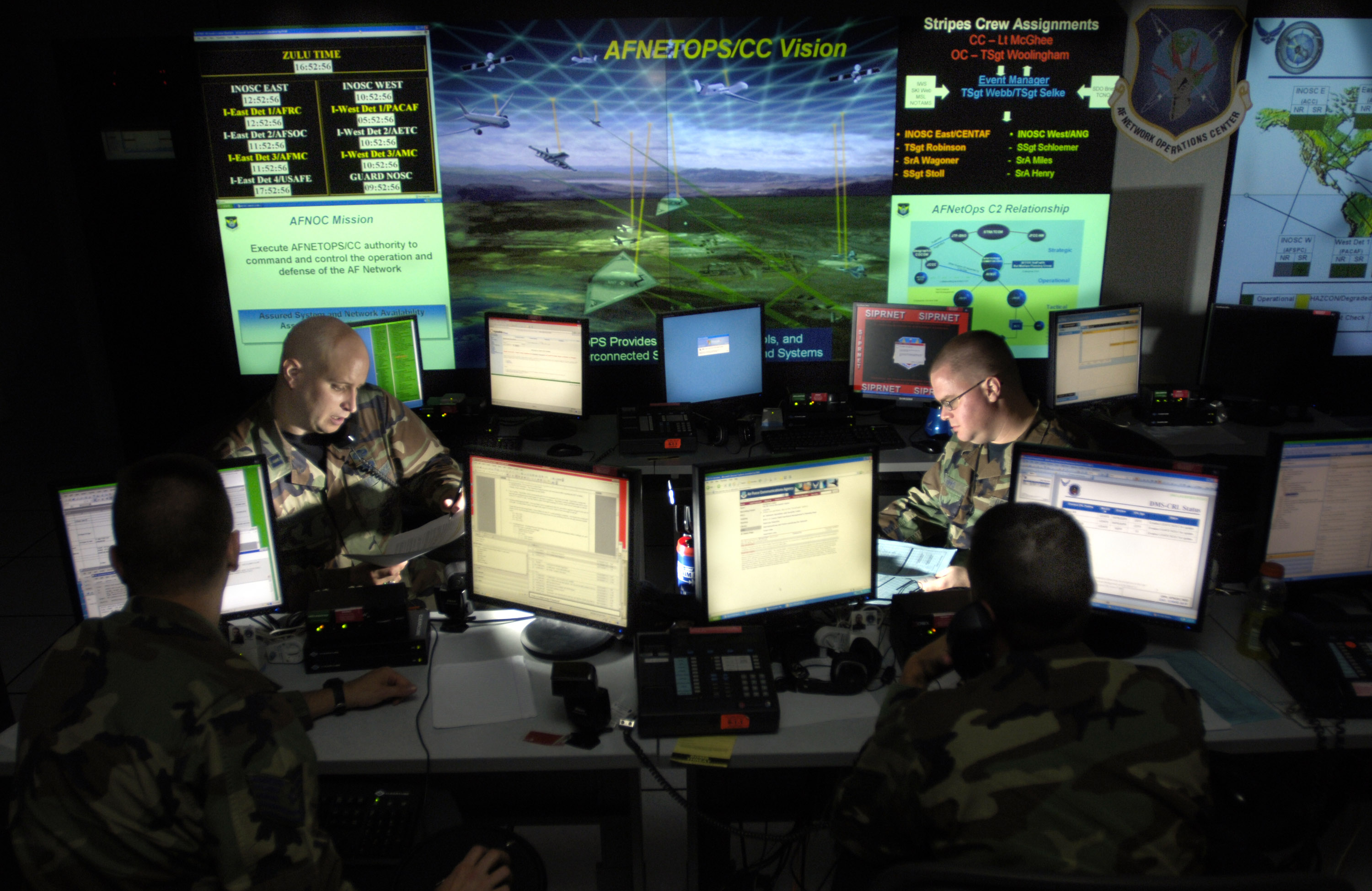Without better cyber defenses, expect more campaigns, government agencies and corporations to be hacked
08/11/2016 / By usafeaturesmedia

(Cyberwar.news) In 2010, the nation’s first cyber warfare czar, Richard Clarke, wrote the apropos-titled tome, Cyber War, in which he laid out details of what a sophisticated cyber attack on the United States could look like.
Hackers from a great power could quickly take our country back to the Stone Age by launching several large-scale “zero-day malware programs” across U.S. Internet providers. The damage done by these malware programs, he predicted, would include shutting down traffic control centers nationwide for both air and rail travel; erasing all financial data at the Federal Reserve and the nation’s biggest banks; overriding computerized controls for oil and gas pipelines; and collapsing multiple electric power grids.
Pandemonium would ensue. The military would be hampered and units unable to communicate with each other. If the attack occurred in winter, tens of millions would be left in the cold. Fortunes would be lost. Grocery stores would soon run out of food. Hospital systems would fail. Chaos and looting would ensue. The president would be powerless to stop any of it. Scores would die.
“In all the wars America has fought,” Clarke wrote, “no nation has ever done this kind of damage to our cities. A sophisticated cyber attack by one of several nation-states could do that today, in fifteen minutes, without a single terrorist or soldier ever appearing in this country.”
He went onto say that the only reason why it hadn’t happened yet is because conditions did not exist within the political structures of any of our enemies to convince their leaders such an attack was worth it. Our nemeses, he explained, understand that the U.S., even reeling from such an overwhelming cyber first strike, would still retain the capability to respond in kind.
Get more news like this without being censored: Get the Natural News app for your mobile devices. Enjoy uncensored news, lab test results, videos, podcasts and more. Bypass all the unfair censorship by Google, Facebook, YouTube and Twitter. Get your daily news and videos directly from the source! Download here.
Hacking technology has changed much since Clarke’s book was published just a few short years ago, which is to say, it has gotten much better. The potential to destroy an enemy nation’s functional infrastructure has become greater. Think of cyber warfare as the modern day equivalent of carpet-bombing cities during World War II, the aim of which was to reduce the enemy’s ability to make war by attacking population bases and destroying the commerce necessary to wage war.
What hasn’t changed much, unfortunately – as recent hacks by Russia of our political system, North Korea against Sony Pictures Entertainment, China of our governmental records, and Iran – is our ability to defend our computer networks, despite federal agencies spending tens of billions on national security every year.
Today, because we still lack a proper defensive capability, Clark’s book is proving prophetic:
— The Department of Homeland Security recently discovered Russian-inserted malware in 2011 that could disrupt major industrial operations and infrastructure. Russian hackers have also targeted U.S. banks.
— In September 2014, the Senate Armed Services Committee said investigators for the panel had discovered that Chinese hackers infiltrated private transportation companies working for the U.S. military 20 times in a single recent year.
— Also in 2014, then-Attorney General Eric Holder announced that Chinese hackers had infiltrated several major U.S. companies. Chinese hacking has also included theft of U.S. military technology.
Going forward, the U.S. simply needs to build a better structure of cyber defenses, as Clarke recommended in his book and as others have seconded. Such defenses should be jointly developed by governmental and private-sector entities.
Living under a cloak of denial hasn’t protected our critical infrastructures. The Russian hack of the Democratic National Committee and the campaign of Hillary Clinton should remind us, again, how vulnerable our systems remain, and how little we can afford to wait any long to strengthen them.
More:
- Russian Cyber Crime: Clinton Campaign Hacked Along With DNC
- WSJ Investigation: America’s Power Grid Highly Vulnerable To Low-Cost, Low-Tech Saboteurs\
- Administration Needs To Begin Publicly Assigning Blame For Cyber Attacks: Former House Intel Chair
Cyberwar.news is part of USA Features Media.
Tagged Under: cyberdefense, cybersecurity, hacking





















